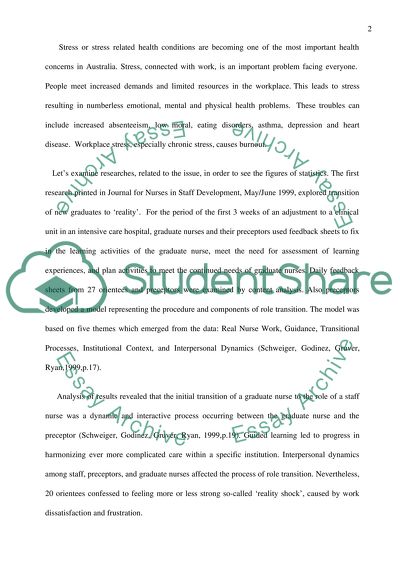Cite this document
(“Nursing: Burnout of the new graduate nurse Essay”, n.d.)
Retrieved from https://studentshare.org/sociology/1531629-nursing-burnout-of-the-new-graduate-nurse
Retrieved from https://studentshare.org/sociology/1531629-nursing-burnout-of-the-new-graduate-nurse
(Nursing: Burnout of the New Graduate Nurse Essay)
https://studentshare.org/sociology/1531629-nursing-burnout-of-the-new-graduate-nurse.
https://studentshare.org/sociology/1531629-nursing-burnout-of-the-new-graduate-nurse.
“Nursing: Burnout of the New Graduate Nurse Essay”, n.d. https://studentshare.org/sociology/1531629-nursing-burnout-of-the-new-graduate-nurse.


